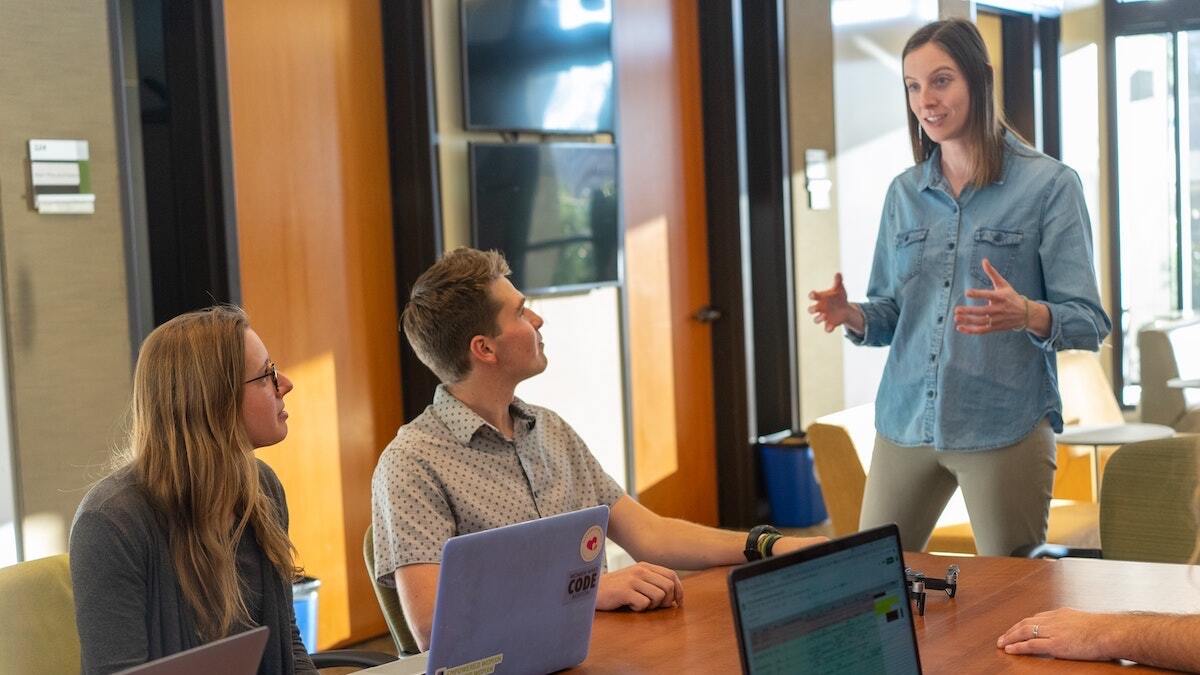Hiring employees is becoming a severe problem for Wisconsin employers. | Unsplash/Clayton Cardinalli
Hiring employees is becoming a severe problem for Wisconsin employers. | Unsplash/Clayton Cardinalli
Hiring employees is becoming a severe problem for Wisconsin employers.
The winter 2022 Wisconsin Employer Survey revealed as many as nine out of 10 Wisconsin businesses are struggling to hire an adequate number of employees.
Data from a 2022 survey conducted by Wisconsin Manufacturers and Commerce (WMC), the state's largest business association, showed 88% of businesses said they were having difficulty filling open positions. Due to the shortage, more than 80% expected to increase wages by at least 3% in 2022, and 34% said they would raise wages by more than 4%.
“Wisconsin does not have enough people to fill the jobs we have available, and that creates an aggressive competition for talent,” WMC President and CEO Kurt Bauer said in a news release. “We are seeing wages rise at a faster rate, sign-on bonuses, work flexibility and many other strategies from companies to attract and retain talent."
Nick Novak of WMC said more than 130,000 jobs are available in the state and has suggested state leaders must get involved.
"We're calling on policymakers and Gov. (Tony) Evers specifically to instate a talent attraction campaign that will attract people here to Wisconsin to take these great career opportunities that we have," Novak said.
While half of Wisconsin businesses see the state’s economy as strong, only 39% rate the national economy as strong, which is down from 5% last summer. An estimated 68% of Wisconsin businesses said they expected to increase their employee count in the next six months, which was down from 79% last summer.
Meanwhile, wages are increasing faster than ever, creating what Allen Huffcutt, a human resources professor at the University of Wisconsin-Green Bay, called unhealthy behavior.
"If one company raises their wages and lures away some employees, somebody else loses," Huffcutt said. "There just isn't enough free employees or potential workers to fill those extra spots, so one gains, one loses."






 Alerts Sign-up
Alerts Sign-up